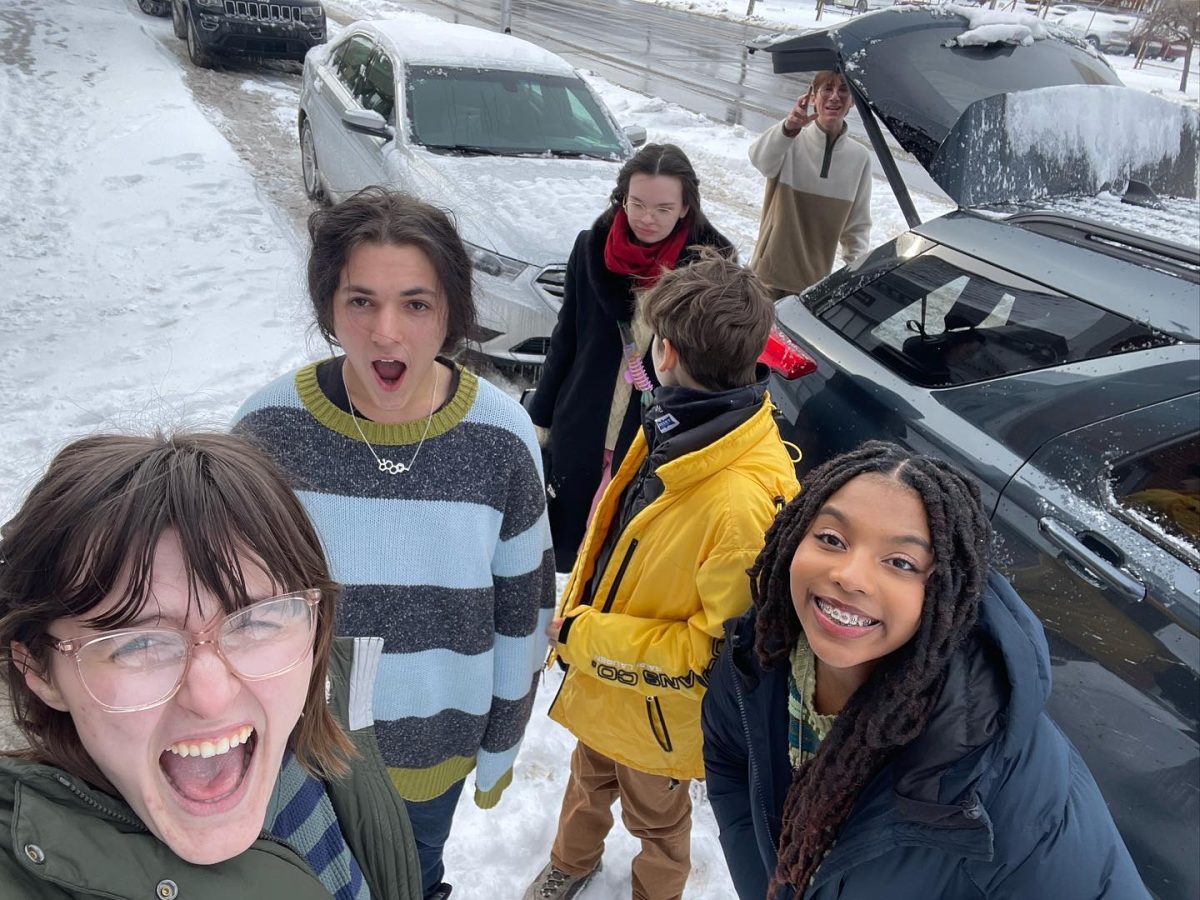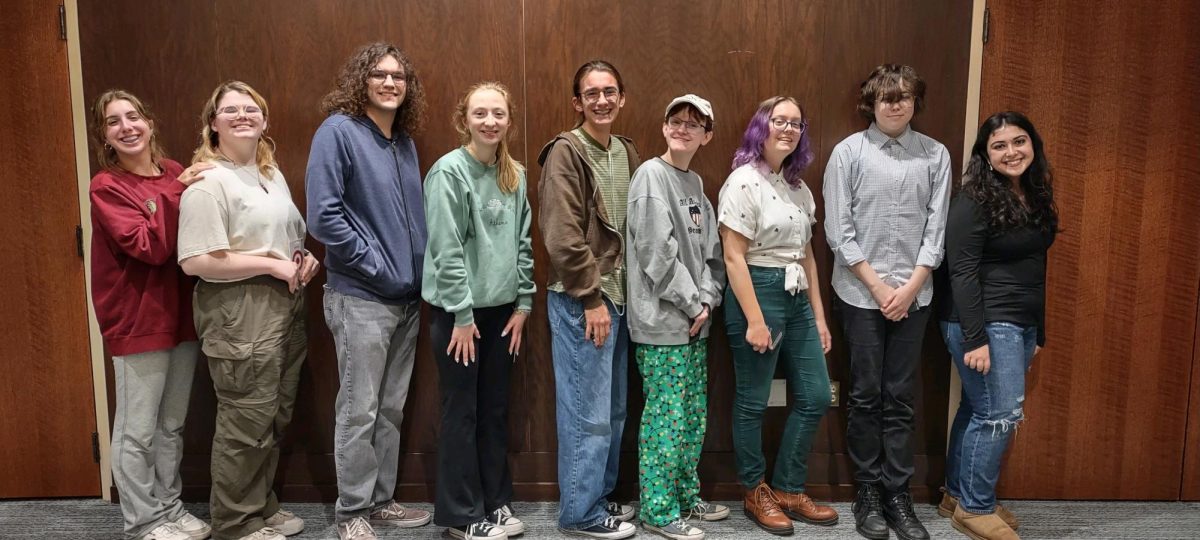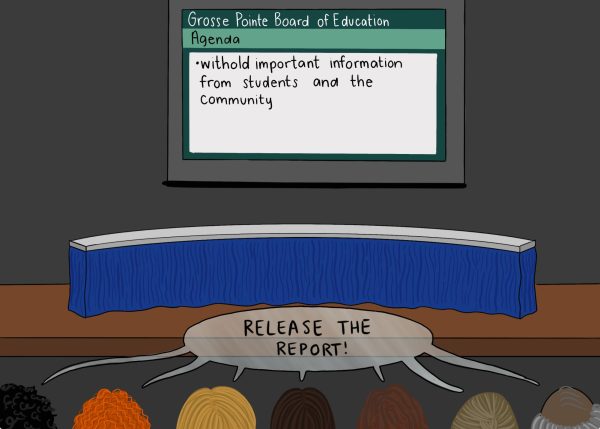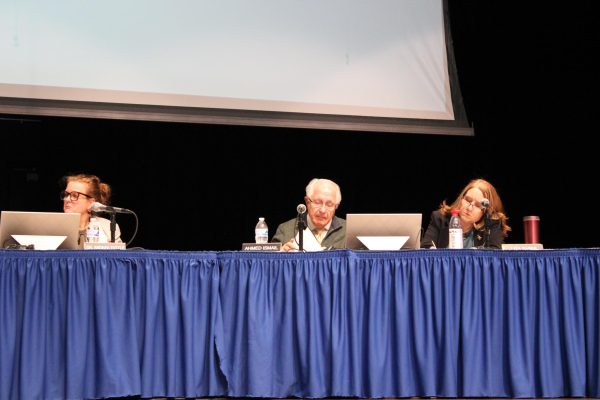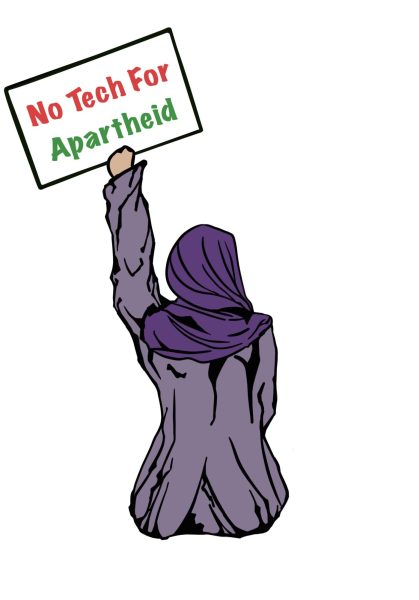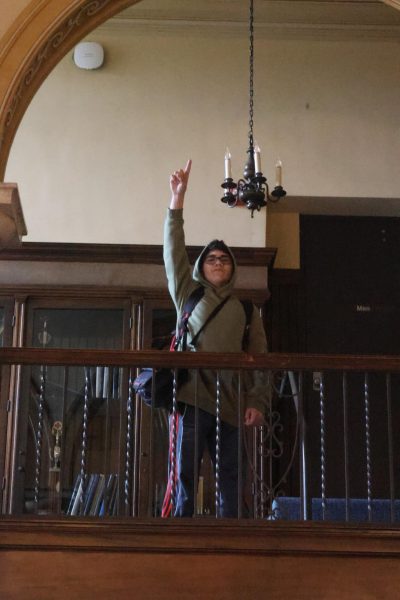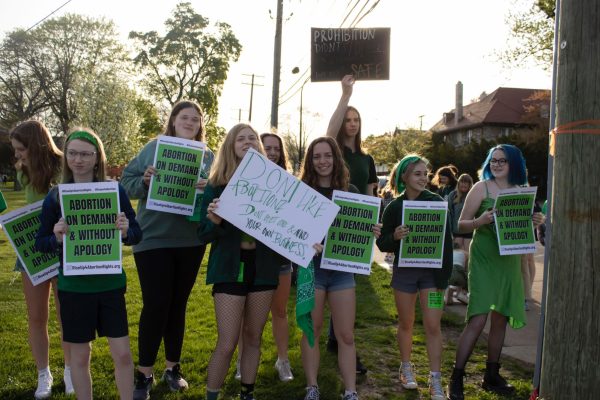Thoughts on political civility
March 29, 2019
A wisp of hope arose on the House of Representatives floor on March 7, while Democratic Representative Mark Pocan and Republican Representative Rodney Davis debated House bill HR-1, and had a lighthearted conversation on whether or not the band “Nickelback” was good.
Obviously Nickelback is not good, but that’s besides the point. These two congressmen although having deeply conflicted viewpoints, were able to discuss important issues while maintaining a calm demeanor, the only insults were about each other’s questionable music tastes. Today’s political scene is dominated by fiery figures that garner support through their image rather than the substance of their views.
The fiery discourse found today in the political landscape is strongly facilitated and arguably amplified by Twitter. If you were to take a look at a page of any popular government figure, like Alexandria Ocasio-Cortez, Donald Trump or Bernie Sanders, it would not be hard to find a plethora of name-calling posts, both by and against them.
I think one of the main causes of this is our “yes-or-no” mentality. The electoral college does not allow for gray-area opinions to be properly heard or represented, which leads to officials that only represents the will of one party, rather than an actual majority of people. However, the electoral college is necessary because the US is not a unitary state, rather a federation, so it is integral all states receive representation. Instead, states should adopt proportional allocation of votes like Nebraska and Maine currently do.
This division also seems to trickle down to the school setting too. I’ve heard many people scold others who don’t hold the same opinion as them, disregarding the fact that no one shares the same life experiences, so no one will have the same perspective on topics. We should take more time to understand where people are coming from when we disagree with their opinions, rather than refusing to acknowledge what they say.
While it may seem that fire and anger produce immediate political results, history shows that calm discourse produces more effective results. It is likely Martin Luther King Jr. was more effective with his movement than Malcolm X because it was more peaceful and approachable from an outside perspective. Polarizing figures will always struggle to garner bipartisan support.
If our generation is able to conduct ourselves with more respect and overall camaraderie than generations past, we will be able to accomplish so much more than them. Generation Z tends to regard itself as the most accepting and tolerant, so we should prove it by carrying ourselves that way.


